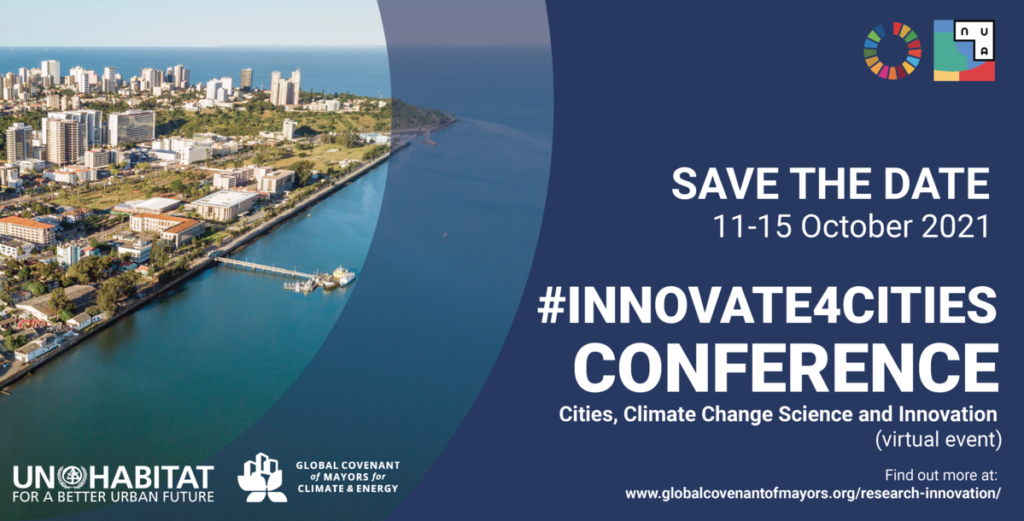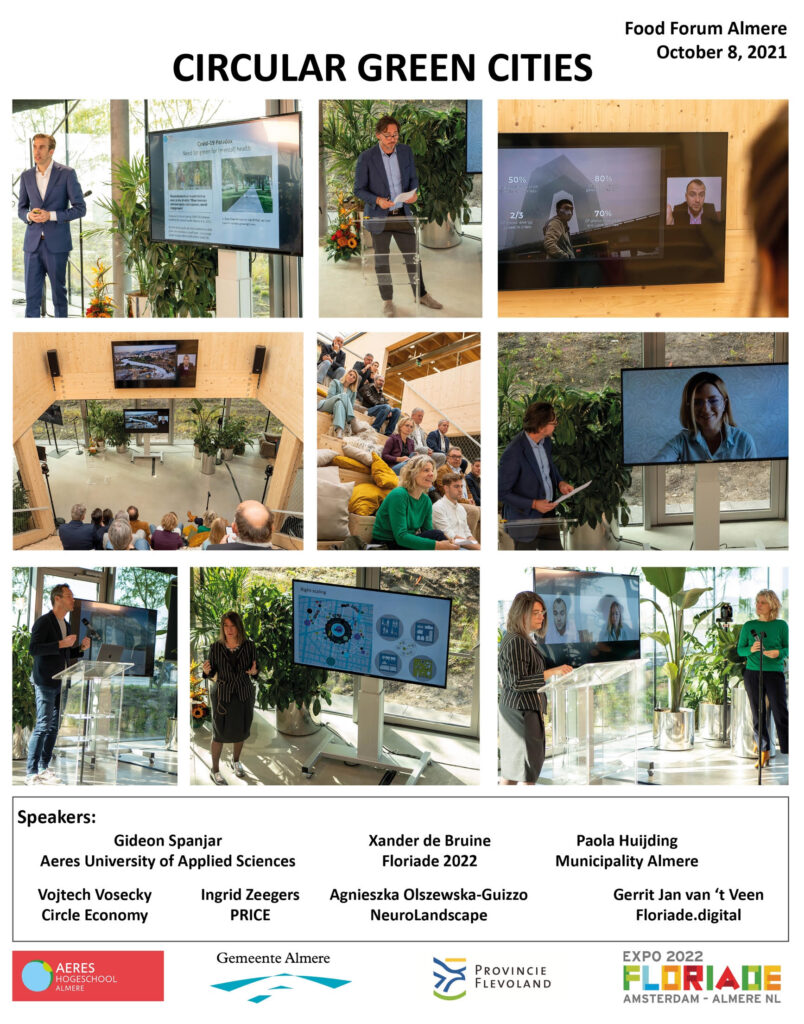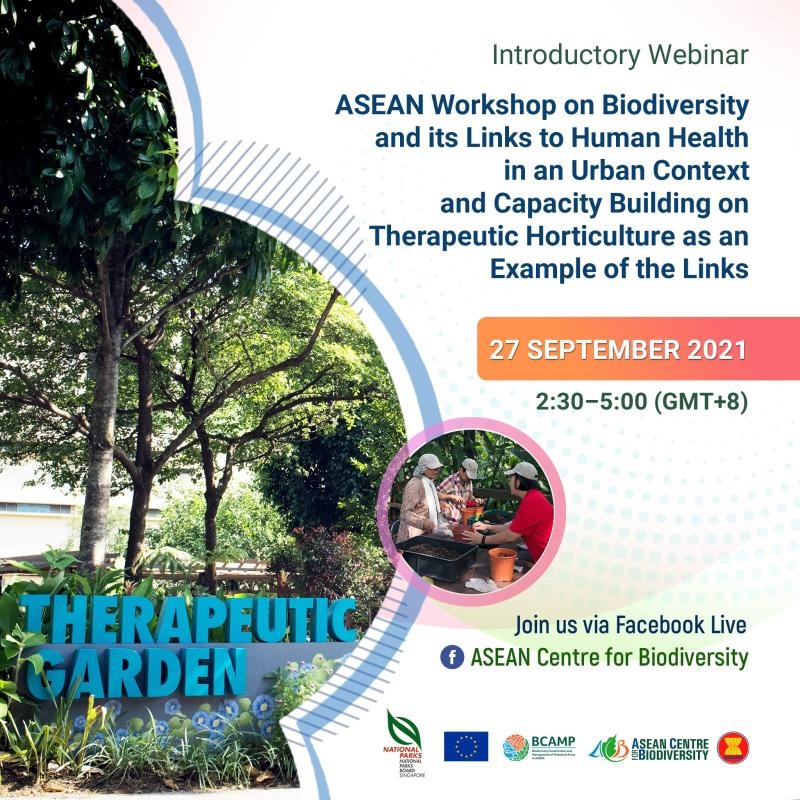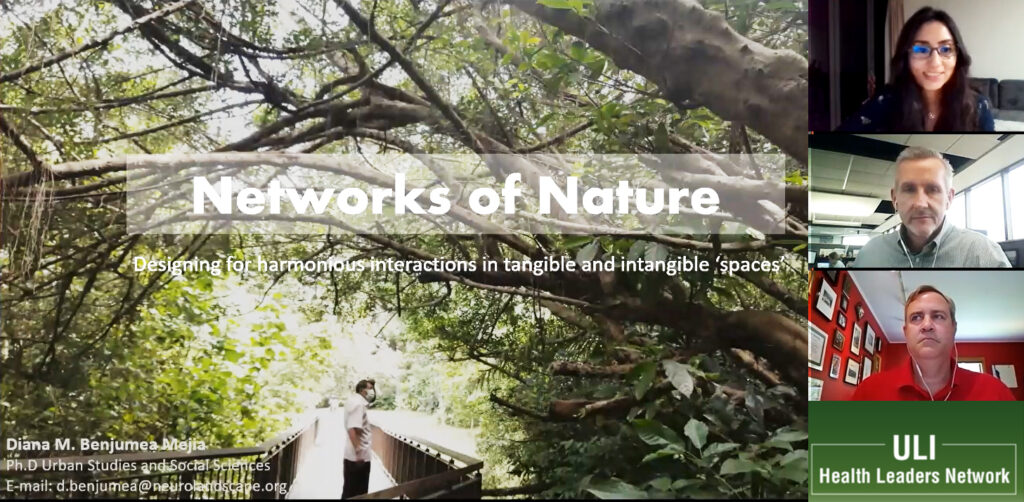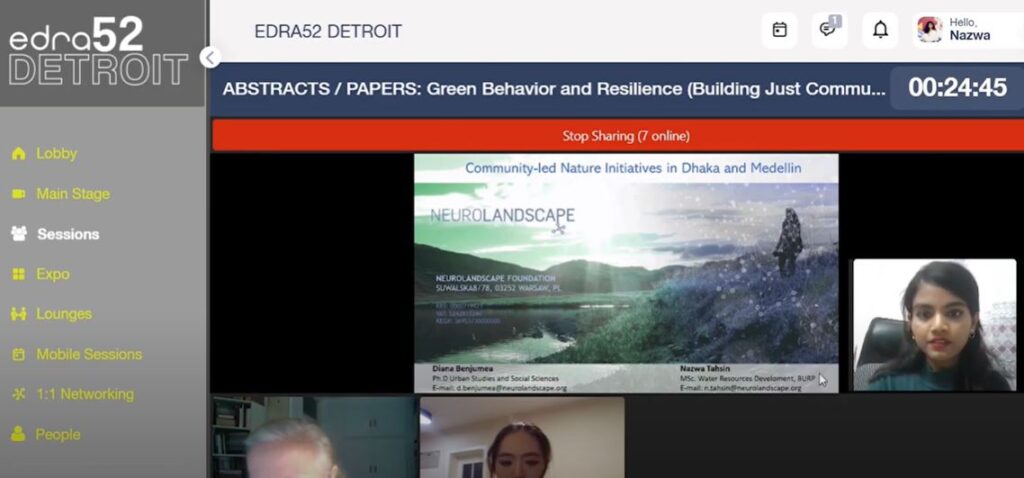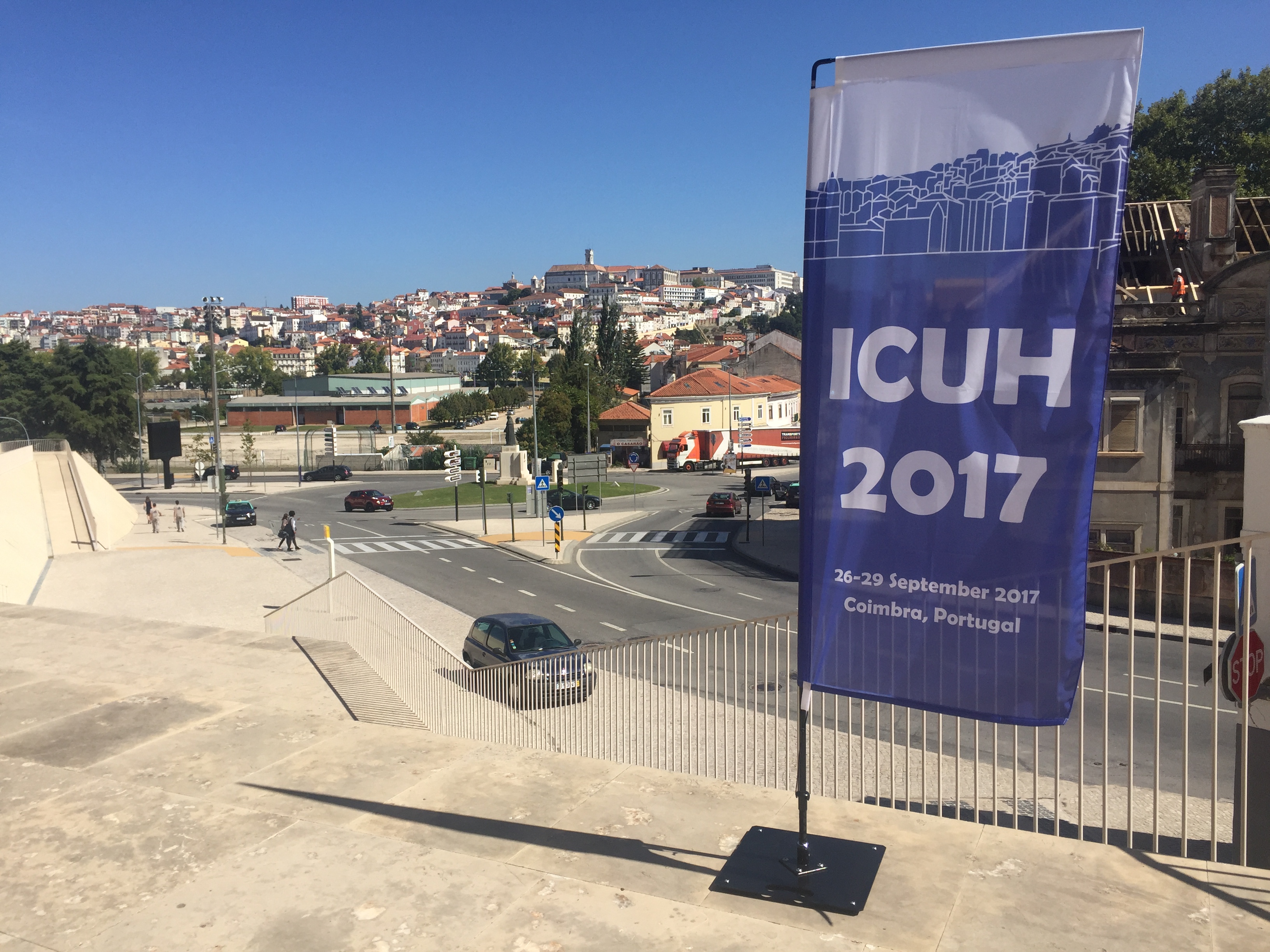XIII International Congress of the Spanish Association of Bioethics and Medical Ethics (AEBI) The Organizing Committee and the Spanish Association of Bioethics and Medical Ethics (AEBI) organized the thirteenth edition of the AEBI International Congress that hosted several focused events, including the webinar on ICT solutions for Healthcare. In it our NeuroLandscape VR tool called Read More
Category: Events
Innovate 4 Cities 2021 | UN Habitat Conference
Tuesday 12 October at 15:45 CEST. Dr. Agnieszka Olszewska-Guizzo has presented her insights at the session 5H: Green spaces for healthier cities, which was fully recorded and available online: https://www.youtube.com/watch?v=df16SGuCO1w The Conference, co-hosted by #UNHabitat and #Mayors4Climate, brings together innovative research and science to help cities tackle #ClimateChange challenges. The global five-day virtual #I4C Conference covering #Science and #Innovation partnerships driving inclusive, resilient, and climate-neutral #cities, runned Read More
Circular Green Cities at the Floriade Expo 2021
Experts talks were a part of the Sustainability day at the FoodForum and gave a lot of fruit for thought on how we can work towards more #circular cities (Vojtech Vosecky), nature inclusive urban developments such as #pampus #Almere (Paola Huijding & Ingrid Zeegers) and on a street-level scale by #RewildingSteppingStones (Gideon Spanjar) and the value for human well-being by Dr Agnieszka Olszewska-Guizzo. The event was Read More
ASEAN Workshop on Biodiversity and its Linkages to Human Health
27 September 2021 at 2:30 PM Singapore The connections between biodiversity, mental health and physical inactivity are particularly relevant in the context of shifting global burden of diseases in which non-communicable diseases are among the most rapidly rising challenge to global public health. Contact with nature may provide positive mental health benefits, as well as Read More
World Sustainability Forum Speech on Community-led Greenspace |13-15 September 2021
On Monday 13th September at 11:00 CEST Dr Diana Benjumea Meija presented her research on “The Spatial and Social Components of Community-led Green Spaces and its Contribution to the Health and Wellbeing of Low-income Communities” at the 9th World Sustainability Forum In the last decade, there has been a surge in projects initiated by urban Read More
Neuro-architecture to promote well-being | MAB 2020 Symposium
JULY 1, 2021 16:30 – 18:00 (CEST) Neuro-architecture transmits knowledge and technologies from the field of neuroscience into the professions of spatial design, aimed to get better-informed design solutions to promote human and non-human well-being in our public spaces. We kick off with the key findings of our 2-year research project Sensing Streetscapes, followed by Read More
Urban Land Institute/Health Leaders Network
In early 2021 our Board Member and Lead researcher Dr Diana Benjumea was selected to join a prestigious Health Leaders Network initiated by the Urban Land Institute (ULI). Health Leaders Network is a platform aimed at sharing knowledge and ideas with health leaders across continents. It gathers professionals across the globe with the skills and Read More
EDRA52 Conference Presentation | Just Environments
Speech presented at the 25th Environmental Design Research Association 25th Conference in the panel “Green Resilience and Behaviour” by Nazwa Tahsin. Part of the Research Program “Nature Connection and Mental Health of Communities”. https://www.youtube.com/watch?v=hwGBP0sscNo&t=24s https://cdn.ymaws.com/www.edra.org/resource/resmgr/edra52/subpages/edra52_-_program_book.pdf
14th International Conference on Urban Health / Coimbra, PT, 26-29 Sep 2017
NeuroLandscape wholeheartedly embraces a multi-disciplinary approach, so it is quite challenging to establish one discipline which we most represent, one type of a scientific journal to publish in, or one area of conferences to participate in. Believe me when it comes to choosing keywords for our studies or key areas of expertise, it is even Read More
International Conference on Control and Automation, Athens, Greece
The first public presentation of the prototype of the Contemplative Landscapes Automated Scoring System (CLASS) was presented by our research team on the international IEEE conference in Athens, Greece between 21 and 24 of June.Watch a short report from this event and listen to the lecture given by our leading artificial intelligence and machine learning Read More


